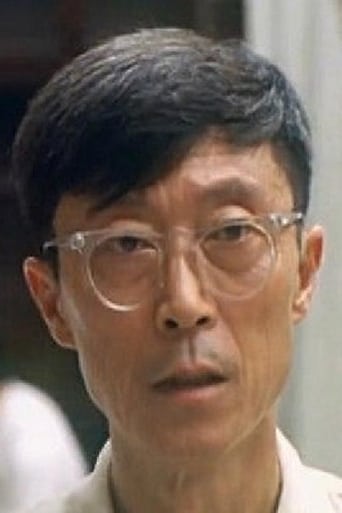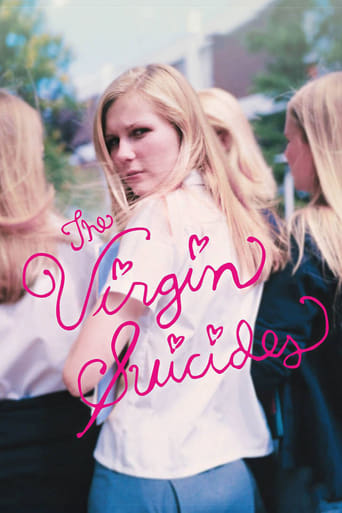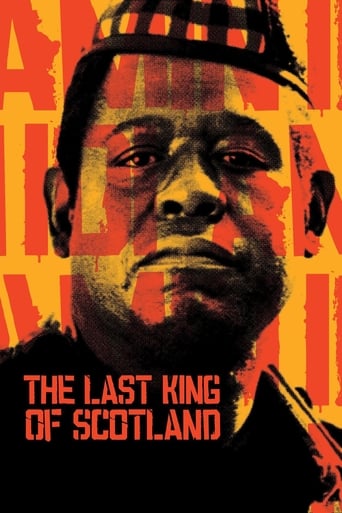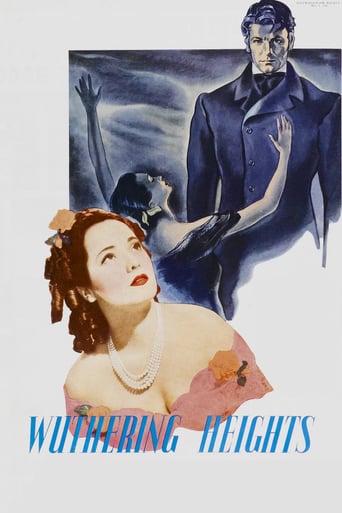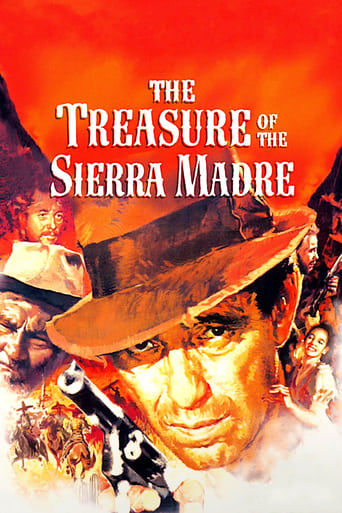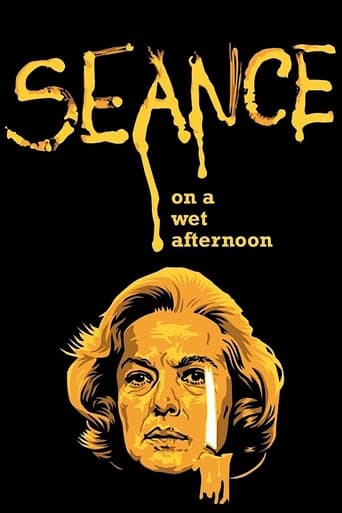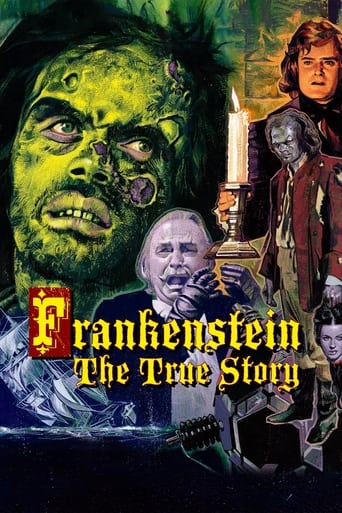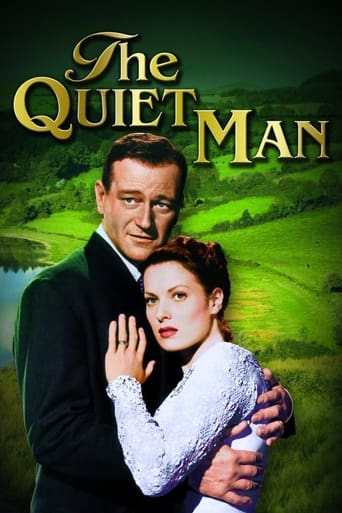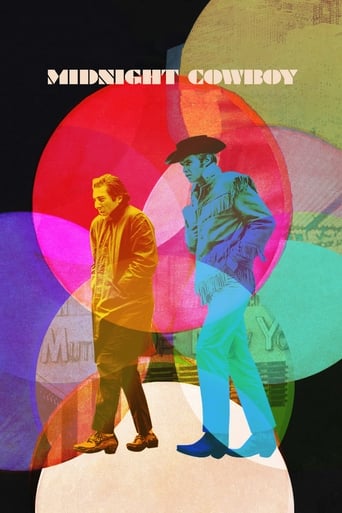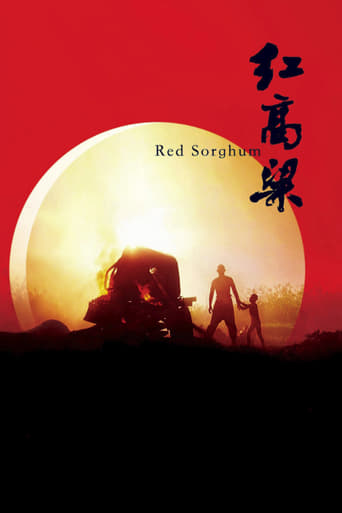
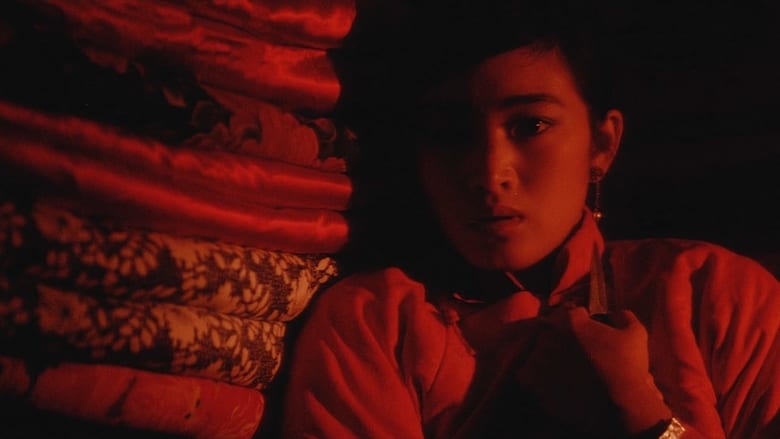
Red Sorghum (1988)
An old leper who owned a remote sorghum winery dies. Jiu'er, the wife bought by the leper, and her lover, identified only as "my Grandpa" by the narrator, take over the winery and set up an idealized quasi-matriarchal community headed by Jiu'er. When the Japanese invaders subject the area to their rule and cut down the sorghum to make way for a road, the community rises up and resists as the sorghum grows anew.
Watch Trailer
Cast


Similar titles
Reviews
Let's be realistic.
Absolutely the worst movie.
Pretty good movie overall. First half was nothing special but it got better as it went along.
It is neither dumb nor smart enough to be fun, and spends way too much time with its boring human characters.
1988's Red Sorghum was part of the first wave of fifth generation directors. While I don't think this is one of the best films Zhang Yimou has directed, it definitely is a good one. Its plot has some striking similarities with his later films Ju Dou and Raise the Red Lantern, seeing as all three movies deal with Gong Li being married to a (rich) man.Gong Li is pretty good in this film, although maybe not as memorable as some of her other parts. Jiang Wen's character is by far the most interesting character from the movie to me. He is somewhat of a scoundrel, starting off as a somewhat morally gray man. As the film progresses, he grows closer to Gong Li's character.The last part of the movie deals with the Second Sino-Japanese War and the invasion of the Imperial Japanese Army. Up to this point, the film has been relatively light to digest. However, the last part adds drama by depicting some of the horrors that the occupation brought with it.The film's end is definitely one of the highlights here. I won't spoil it, but it makes a great case of why Zhang Yimou is often referred to as the 'Master of Color'. It's nothing short of amazing.In conclusion, while I definitely like this film, it does miss some of the drive and drama that are present in Zhang's best films. Besides the amazing ending, the movie just didn't blow me away. What it did do was paint a convincing image of life in rural China during the Second Sino-Japanese War.
In 1930s China, a young woman is sent by her father to marry the leprous owner of a winery. In the nearby red sorghum fields she falls for one of his servants. When the master dies she finds herself inheriting the isolated business.Like Zhang's later film, "The Road Home" (1999), "Red Sorghum" is narrated by the main characters' grandson, but "Red Sorghum" lacks the flashback framing device of "The Road Home" (the viewer never sees the narrator). The cinematography by Gu Changwei makes use of rich, intense colors. Zhang himself was a cinematographer prior to his directorial debut, and worked closely with Gu. Indeed, it is the colors, coupled with the expressions of the lead actress, that really sell this film.Wang Yichuan pointed to the director's fascination with the "strongman," and found hints of a "fascist aesthetics" in the film. This would not have occurred to me, but it is certainly visible. The question is then asked: does this carry through all his work?
The much heralded renaissance of New Chinese Cinema can be an acquired taste to many Western filmgoers, but this handsome period piece (directed by the cinematographer of 'Yellow Earth', 1984) is livelier and more accessible than most. Part folk tale, part historical drama, it tells the story of a young virgin (sold by her father into marriage with a wealthy leper, in return for a mule), who after her husband's mysterious death continues to run his successful vineyard, with help from her loyal wedding bearers. And yet for all its undeniable physical beauty and colorful action the film can be a dry experience, at least until the outbreak of the second Sino-Japanese War in the 1930s. With the Japanese occupation some emotional urgency finally breaks through the film's mantle of reserve, which up to that point had marked even the more bawdy episodes of communal singing and drinking.
There is a strength in the simplicity of the film's story, in the almost fairy-tale quality of the images and the shocking suddenness of its violence that Hollywood, in its sophistication, has lost. In Red Sorghum a Chinese man recounts a love story from his grand parents' era that was blighted by the invasion of Japanese forces.Director Zhang Yimou's strong, colourful debut swiftly propelled him into the pantheon of world cinema; Red Sorghum is a story of epic proportions, boldly photographed, with a full spectrum of emotional involvement and an underlying tribute to Chinese resilience. Upon its release, Red Sorghum garnered international acclaim, most notably winning the coveted Golden Bear at the 1988 Berlin International Film Festival.




